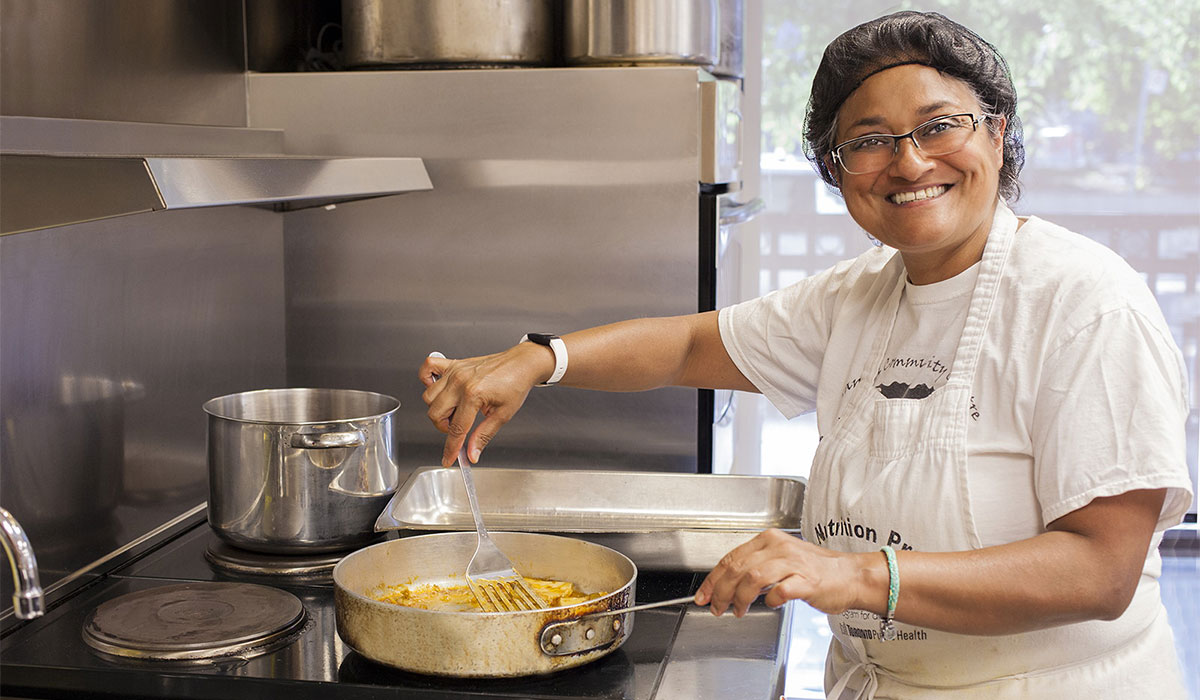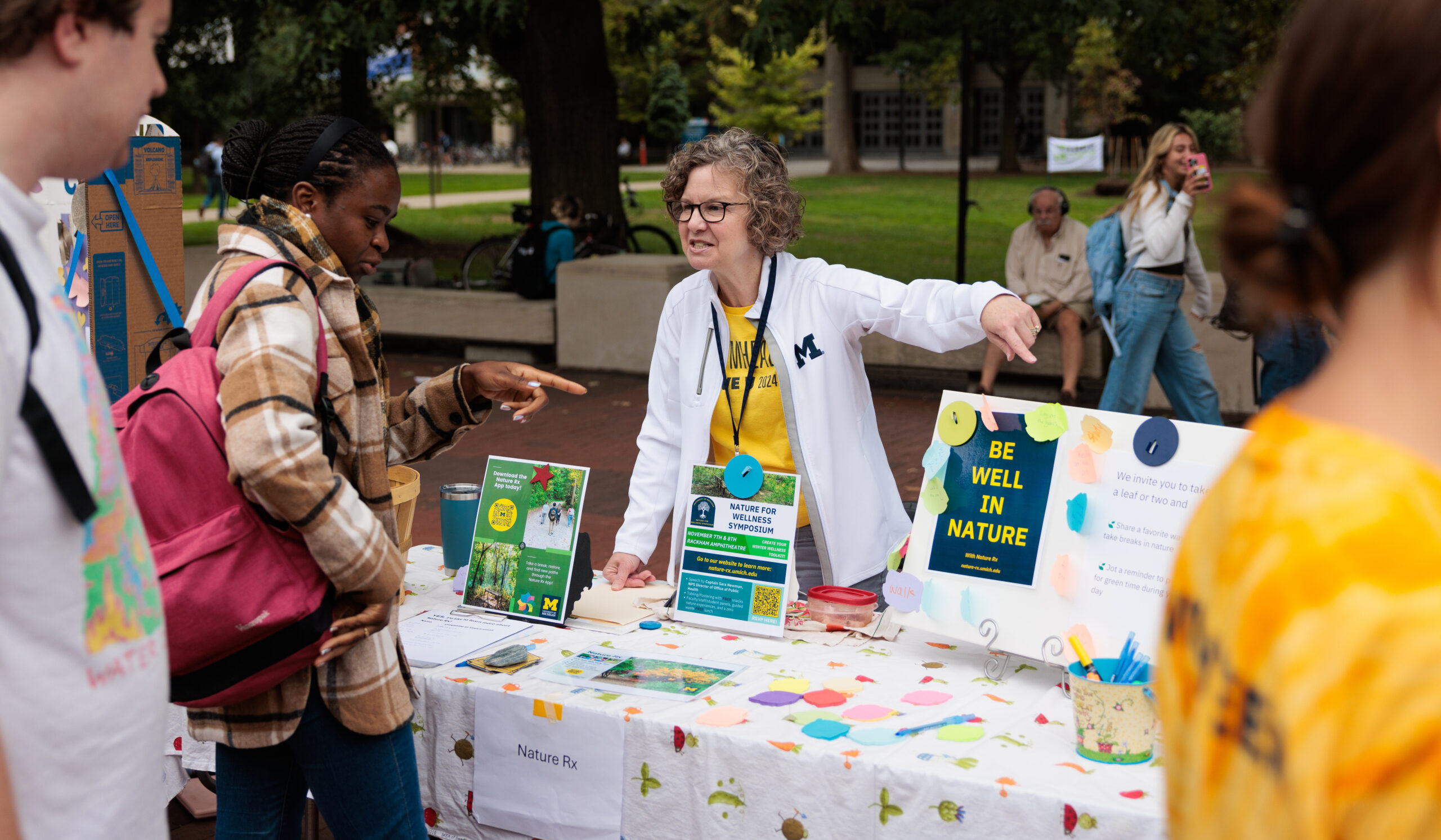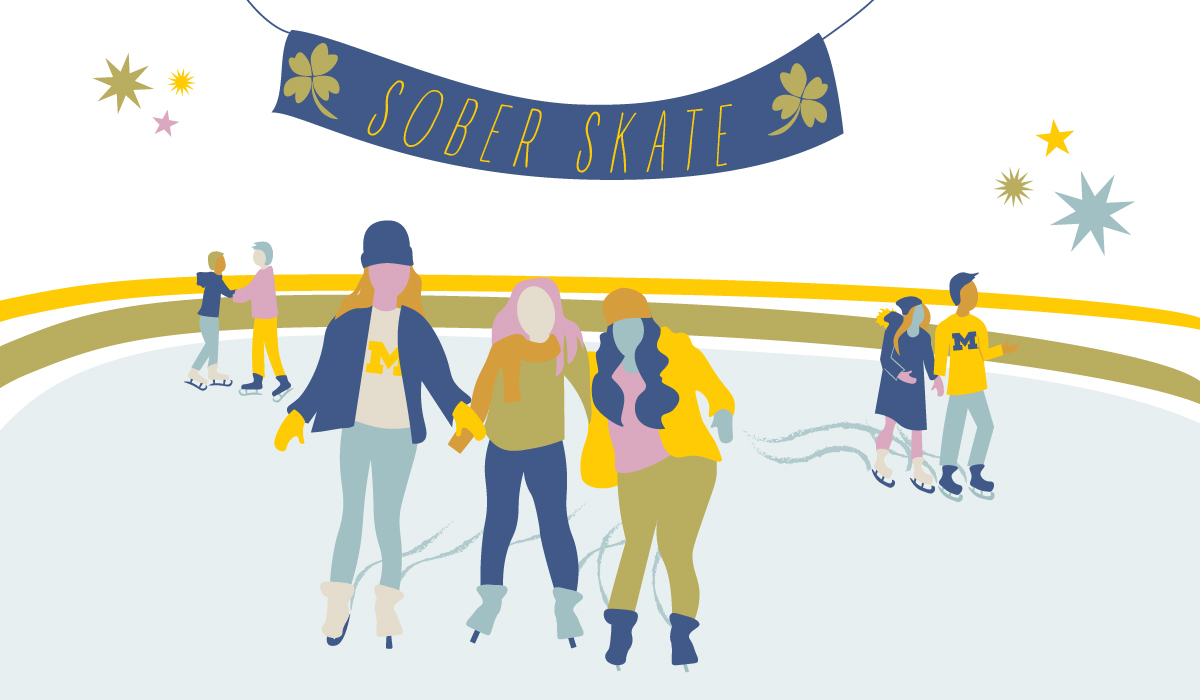Gurbeen Bhasin, ’97, is helping the world’s needy through the Toronto-based organization Aangen, which helps local families in crisis access employment, housing, and food, and works internationally with orphans and schoolgirls. She established the nonprofit 20 years ago as a self-sustaining social enterprise long before the model became common. Bhasin says her experiences in social work at U-M sparked Aangen, which means, in Sanskrit, opening your heart and home to the community. Here she reflects on key lessons she learned.
Challenge the status quo. At U-M, what had the biggest impact on me was my placement at the Michigan Department of Health and Human Services. My area was child and family welfare, and I reviewed grant proposals submitted by local service organizations and was shocked by how many hoops they had to jump through for funding. I wanted to help people, but I wanted to find a way to make money that didn’t require begging and be independent while not handing over control of my work to a funder. So when I started planning my nonprofit, I decided to run it like a business. Social enterprises like this weren’t really a thing back then, but that’s what I created.
Go with the flow. Our growth has been organic. My great grandmother had recipes for healing teas, so I thought, “Let’s figure out how to package and sell these teas.” Later, customers began asking if we sold honey, maple syrup, or farm-fresh eggs. We kept building relationships with farmers and are now a farm-food wholesaler, selling products to dozens of local businesses. When a contact said their office cleaner just quit, a lightbulb went on. We now offer an office and residential cleaning service staffed by workers who’ve experienced unemployment or addiction. All the revenues go toward our charitable programs. We’ve grown from a staff of two to 40 contract employees.
Think big. My goal is to make change at the macro level. With each project, I think about how we can have the biggest impact and help the most people. An example is our Come and Eat program to alleviate hunger in rural Nigeria. We have built an industrial kitchen for an orphanage that will help provide nourishing meals to 1,200 kids and their families. When these children have full stomachs, they can better reach their full potential.
Find cooperative partners. We regularly collaborate on projects with other social justice groups. Through our Send a Girl To School program, we send money to Yoga Without Borders, a Toronto charity that provides reusable menstrual pads to girls in Africa. This allows them to continue their education uninterrupted. We’ve been supporting their work for eight years and have helped about 5,000 girls. We also partner with community food banks, homeless shelters, and housing organizations. These partnerships allow us to make broad and meaningful social changes.
Involve the community. Our programs are often facilitated by community members who believe in what we do. We recently held our third annual Walk to Heal Hunger, where we distribute bagged lunches to marginalized people in downtown Toronto. We had multiple volunteers join us—friends, supporters, strangers. Another example relates to our orphanage program—my optometrist donates second-hand glasses and my dentist donates toothbrushes. People want to do good in the world; it’s just a matter of giving them ways to do it.
Sharon Aschaiek of Higher Ed Communications writes about people, issues, and trends pertaining to universities and colleges.





